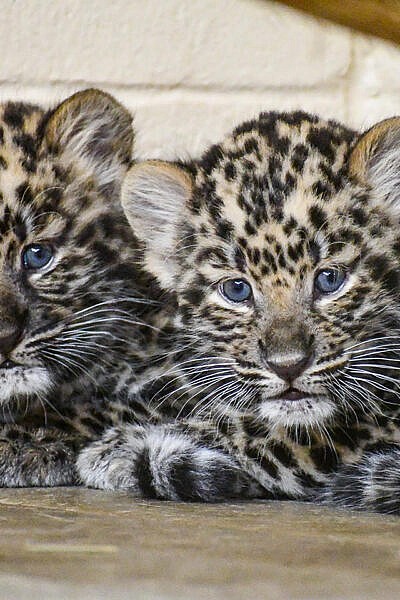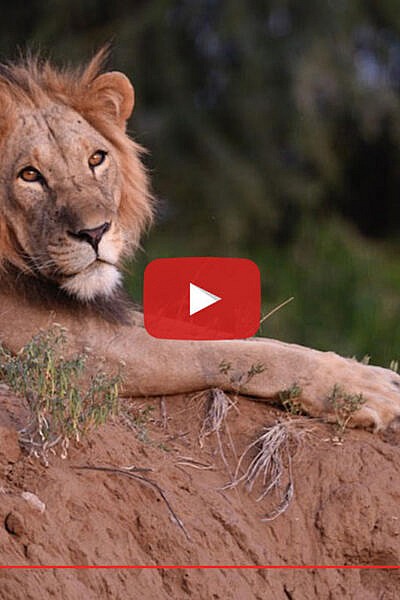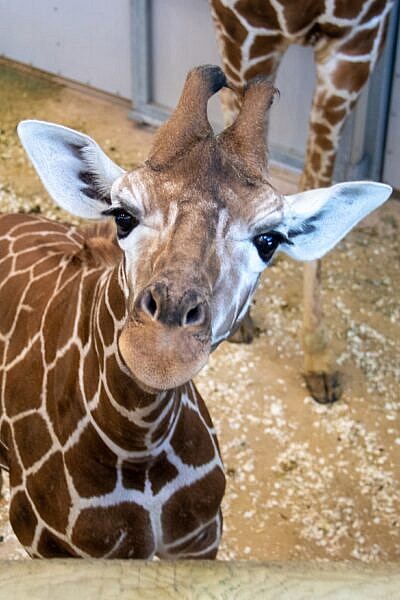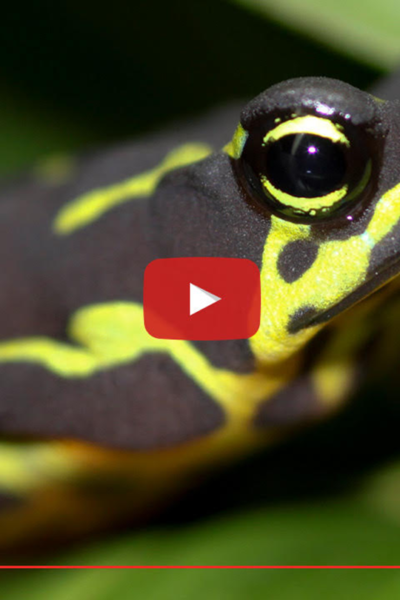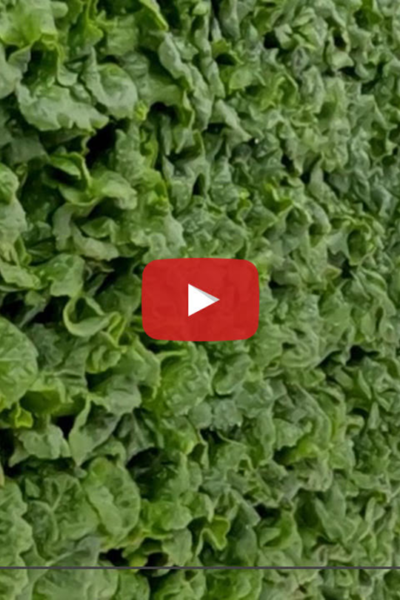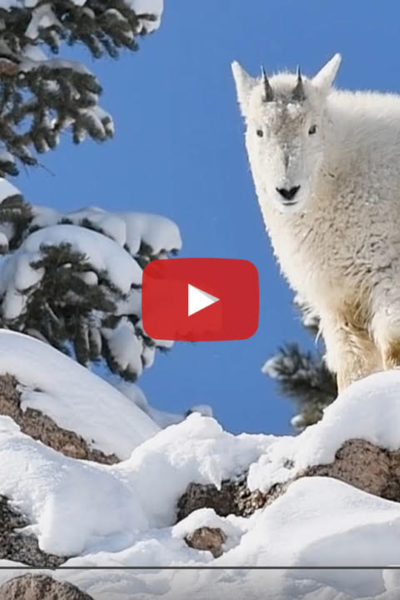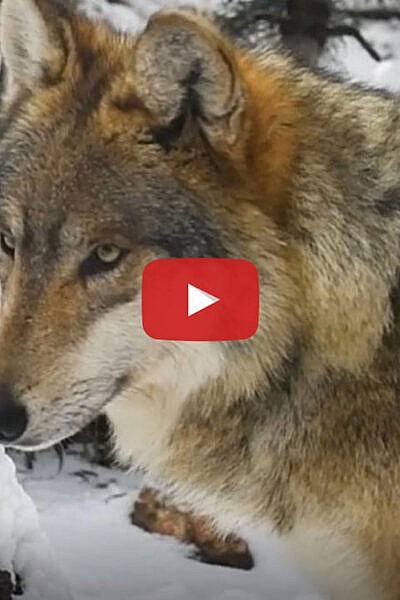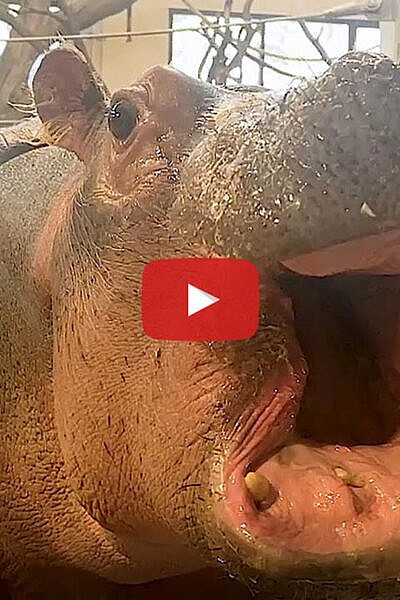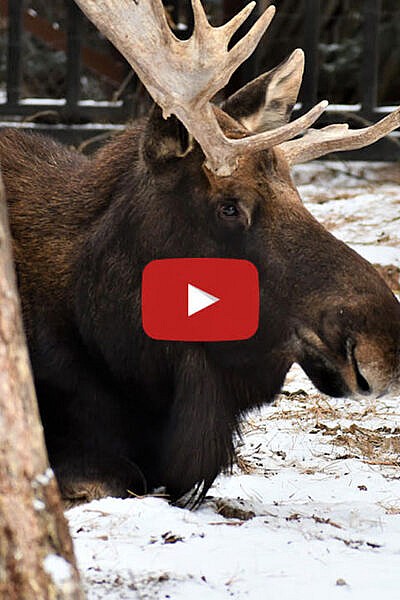UPDATE September 17, 2023 – Four-month-old brothers, Basha and Mango, are growing quickly and are full of energy!
UPDATE August 29, 2023 – Mango and Basha are discovering the world, one pounce at a time!
This dynamic duo is learning how to engage with the exciting world around them. They are often found wrestling with each other, swatting at their mom, Anya’s, tail, climbing up trees, and bouncing from rock to rock. For Basha and Mango, anything is a fun enrichment item!
Visit Amur leopards Mango, Basha and Anya in the north leopard yard in Asian Highlands, just above Australia Walkabout, during your next visit to CMZoo!
UPDATE August 9, 2023 – This weekend, 3-month-old Amur leopard cubs, Basha and Mango, starting exploring the north leopard yard with their mom, Anya! The north yard is right above Australia Walkabout and is visible to guests. Anya and the cubs will be given regular access to this yard so make sure you stop by and visit them on your next Zoo adventure!
Mango seems to has found his footing as he explores, stretching, jumping and climbing trees as high as he can without giving it a second thought. Basha tends to be more pragmatic with new things and seems to be interested in exploring close to Anya. As their motor skills develop, Basha and Mango should continue to grow in confidence and agility while scampering up trees and rocks.
Amur leopards are widely known as the rarest big cats on the planet. The cubs are adorable, certainly, but their existence is hope for the future of their species. Only around 100 individuals remain in the wilds of far east Russia and China. Read more about these very important cubs, and watch video updates as they’ve grown over the last couple of months, at cmzoo.org/cubs.
UPDATE July 31, 2023 – CMZoo’s 10-Week-Old Amur Leopard Cubs Have Names! The critically endangered Amur leopard cubs born at Cheyenne Mountain Zoo in May have names! Allow us to introduce Basha [BAH-shuh] and Mango.
Generous CMZoo donors picked their names. Basha’s name is inspired by the name of the lead animal keeper in Asian Highlands, Basia. Basia and Anya, the cubs’ mother, have worked closely together since Anya arrived at CMZoo in 2015, and Basia is a passionate leopard conservationist. Mango was named in honor of a beloved domestic cat who inspired the donors’ dedication to wildlife.
Mango has slightly darker features, a distinct ‘M’ spot pattern across his forehead and more defined lines instead of individual spots on his face. Basha currently has a lighter face than Mango and is slightly bigger than his brother. Basha’s keepers have also seen a heart-shaped spot above his right eye. Their size comparisons and spot patterns could change as the boys continue to grow, but these distinguishing features are great ways to tell the boys apart for now.
The 10-week-old cubs have started exploring outdoor spaces with their mom, and guests might catch a glimpse of them in a not-easily-viewed part of Asian Highlands. When they’re a bit bigger, they will explore more visible spaces where guests can easily see them. We’ll let you know as soon as that happens.
In honor of their new names, CMZoo is offering a special limited-availability adoption package, complete with a leopard plush toy and fact sheet, certificate of adoption, and a photo of Mango and Basha. Visit cmzoo.org/adopt to symbolically adopt a cub before this limited edition adoption package runs out.
Amur leopards are widely known as the rarest big cats on the planet. The cubs are adorable, certainly, but their existence is hope for the future of their species. Only around 100 individuals remain in the wilds of far east Russia and China. Read more about these very important cubs, and watch video updates on this page as they’ve grown over the last couple of months.
UPDATE July 19, 2023 – We have exciting news! Both of our blue-eyed Amur leopard cubs are boys! At 2 months old, they are quickly growing in confidence and exploration. Keepers are currently working on developing trust with the cubs for future husbandry training.
The brothers are very vocal and will sometimes call to their mom, Anya, when she receives enrichment or one-on-one training time in a different space to find out what she is doing. When they vocalize with Anya right next to them, they seem to be expressing their discovery of the world around them and want to communicate with their mom about it.
We don’t have names for the boys just yet, but we’re working on it and will let you know as soon as possible! The cubs have started to explore a space outside which is not easily in guest view. Once they’re out and about, we’ll share on our social channels. Stay tuned!
#ICYMI, these precious cubs were born to first-time mom, Anya, on May 17, 2023. Amur leopards are widely known as the rarest big cats on the planet. The cubs are adorable, certainly, but their existence is hope for the future of their species. Only around 100 individuals remain in the wilds of far east Russia and China. Read their birth announcement and see subsequent updates below.
UPDATE June 30, 2023 – Our 6-week-old Amur leopard cubs are doing great behind the scenes! Join Asian Highlands Lead Keeper, Basia, for an update on the two cubs’ following mom, getting more mobile, and communicating by making the cutest cub calls you’ve ever heard! Once they show keepers they’re mobile and comfortable enough to explore outside where guests can see them, we will share that update on our social media channels.
Anya is an attentive mother, showing patience and leadership to her offspring. Her team has been working to support Anya and bring healthy cubs to the world for years, and Anya’s two previous litters were stillborn. Those experiences were difficult, and they serve as important reminders of just how delicate the breeding and rearing process can be. Anya and her care team have shown perseverance through their commitment to contributing to the Amur Leopard Species Survival Plan because Amur leopards are the rarest big cats on the planet, with only around 100 individuals left in the wild. We appreciate your support, which allows us to continue this important work to save species.
The cubs have not been named yet, and two incredible donors who made generous contributions to the Zoo will get the honor! We will share the cubs’ names as soon as we have them. Because the cubs and Anya are doing so well, we have not needed to intervene, so we have not confirmed the cubs’ sexes or weights. Keep up with the cubs and see previous updates below.
UPDATE June 15, 2023 – Hello, blue-eyed babies! Enjoy a quick update on our Amur leopard cubs, and the first-ever #KeeperCam footage of them in their nest box.
— The cubs will be one month old on Sat., June 17!
— We’re grateful to report that they have been doing really well, so our team hasn’t needed to medically intervene. That also means we have not documented their weights or sexes yet.
— We haven’t named them yet, but we’ll share as soon as possible.
— One cub is a little bigger than the other, and the bigger one seems to be more confident exploring the nest box and just beyond it.
— Both cubs are getting more mobile, but mom is not letting them get too far out of her sight, or out of the nest box. They’ve stepped out of the nest box a couple of times, and Anya either picks them up and brings them back or guides them in the direction she wants them to go (back into the nest box).
— One of the cubs has a pattern of spots that makes an “M” shape above its forehead.
— They have both been very vocal recently. Keepers have heard them calling to their mom, Anya. (We haven’t been able to catch it on video because they stop calling when keepers get close enough to film, but we’ll keep trying!)
— Anya is participating in training, like scale training and regular husbandry behaviors, so that her care team can monitor her, too. She seems to be doing great. She has also been spending some time outside and short periods away from the cubs, so she’s comfortable exiting the nest box if keepers need to intervene to help the cubs in the future.
— The cubs will continue to bond (and grow!) behind the scenes with Anya. As soon as we know when guests might be able to see them, we will share that information on our social media channels.
#ICYMI, these precious cubs were born to first-time mom, Anya, on May 17, 2023. Amur leopards are widely known as the rarest big cats on the planet. The cubs are adorable, certainly, but their existence is hope for the future of their species. Only around 100 individuals remain in the wilds of far east Russia and China. Read their birth announcement and see subsequent updates at cmzoo.org/cubs.
UPDATE May 24, 2023 – Our two Amur leopard cubs turn one week old today! Enjoy a few behind-the-scenes clips, including a big stretch, an adorable yawn and lots of wriggling and cuddling.
Keepers say Anya is an absolute champion of a mom. She’s caring for her two cubbies, taking time to groom herself and sleep, and has been regularly interacting with her keeper team.
As you can see, the two tiny cubs are nursing, cuddling and wriggling around well. The little ones’ eyes are still closed. Sexes have not been identified and won’t be for a while. We don’t have naming plans yet. Watch this YouTube short: https://youtube.com/shorts/lxxPJu6HZpU?feature=share
TWO SPOTTED, WRIGGLY, CRITICALLY ENDANGERED CUBS BORN AT CMZOO – There were happy tears at Cheyenne Mountain Zoo on Wednesday, when Asian Highlands keepers celebrated the long-awaited arrival of two V.I.C.s – very important cubs. It has been nearly 20 years since Amur leopard cubs were born at CMZoo. Three days after Mother’s Day, Anya, a 9-year-old critically endangered Amur leopard became a first-time mom.
The little ones are covered in black spots and their favorite activities seem to be snuggling, nursing and wriggling. They look to be about average size for a leopard cub – around 2 pounds. For the first week or so, they’re pretty vulnerable with closed eyes, but they’re in good paws with Anya.
“Imagine nursing your first baby while having contractions for your second,” said Rebecca Zwicker, animal care manager in Asian Highlands. “I think Anya is absolutely incredible. She looks confident and comfortable with the cubs, and we’re elated for her and her babies. I’m so proud of our animal care team and their commitment to Anya and the future of the Amur leopard species.”
Amur leopards are widely known as the rarest big cats on the planet. These cubs are adorable, certainly, but their existence is hope for the future of their species. Only around 100 individuals remain in the wilds of far east Russia and China. CMZoo’s Amur leopards – which doubled in number from two to four on Wednesday – now represent four percent of the wild population.
That’s why CMZoo has been committed to the Amur Leopard Species Survival Plan (SSP) and accepted the risky breeding recommendation in 2019. Dad, 7-year-old Anadyr, will not have an active parenting role for the cubs, as is normal for male Amur leopards. Because both Anya’s and Anydyr’s genetics are underrepresented in both wild and human care populations, these cubs are considered very important within the SSP.
The first weeks and months of a leopard cub’s life are extremely fragile, but Zwicker says leopard fans everywhere have reason to feel optimistic.
“It always amazes me when a first-time mom embraces the role as naturally as Anya has,” said Zwicker. “She’s a patient and attentive mom. She knows where those babies are at all times. There’s a lot of cuddling, grooming, nursing and cleaning going on, and we’re seeing Anya take time to groom and care for herself, which is equally important.”
The two-day-old cubs and Anya are bonding well. The first cub born quickly showed instincts to nurse, which helped Anya’s maternal instincts take over for the second cub’s arrival about two hours later. At first, the second cub seemed less active than the first-born cub, and it took a while for it to get the hang of nursing. Once cub #2 smelled where cub #1 was having its meal, it made a baby beeline for the nipple. After a short sibling squabble, a full-bellied cub #1 moved aside for cub #2 to settle in for its first meal. Since then, both cubs have been nursing regularly and cub #2 is quickly catching up to its sibling’s energy level.
Our team is watching the new family remotely via cameras that were pre-placed in Anya’s den. So far, Anya is the only one to see the cubs in person, and we plan for that to continue, since she’s showing great maternal instincts for a first-time mom. The cubs will mark their first milestones with Anya behind the scenes for at least eight weeks, but we’ll be sure to announce when they’re big enough for guests to visit them in Asian Highlands. The cubs’ sexes haven’t been identified and likely won’t be any time soon. There are no plans for names, in line with Zoo tradition to wait 30 days to name a baby.
These two little cubs are stealing staff hearts already (via camera). The squirmy little ones have no idea how much they have just contributed to their species’ future, but we do, and it proves this longtime commitment to the Amur Leopard SSP has paid off.
About Cheyenne Mountain Zoo
Cheyenne Mountain Zoological Society was founded in 1926. Today, Cheyenne Mountain Zoo, America’s mountain Zoo, offers comprehensive education programs, exciting conservation efforts and truly fantastic animal experiences. In 2023, Cheyenne Mountain Zoo was voted #4 Best Zoo in North America and CMZoo’s Rocky Mountain Wild was named #2 Best Zoo Exhibit in North America by USA TODAY 10Best Readers’ Choice Awards. It is Cheyenne Mountain Zoo’s goal to help guests fall in love with animals and nature, and take action to protect them. Since 2008, CMZoo’s Quarters for Conservation program has raised more than $4.5 million dedicated to frontline conservation efforts around the world. Of the 238 zoos and aquariums accredited by the Association of Zoos and Aquariums (AZA), Cheyenne Mountain Zoo is one of just a few operating without tax support. Cheyenne Mountain Zoo depends on admissions, membership dues, special event attendance and donations for funding.
